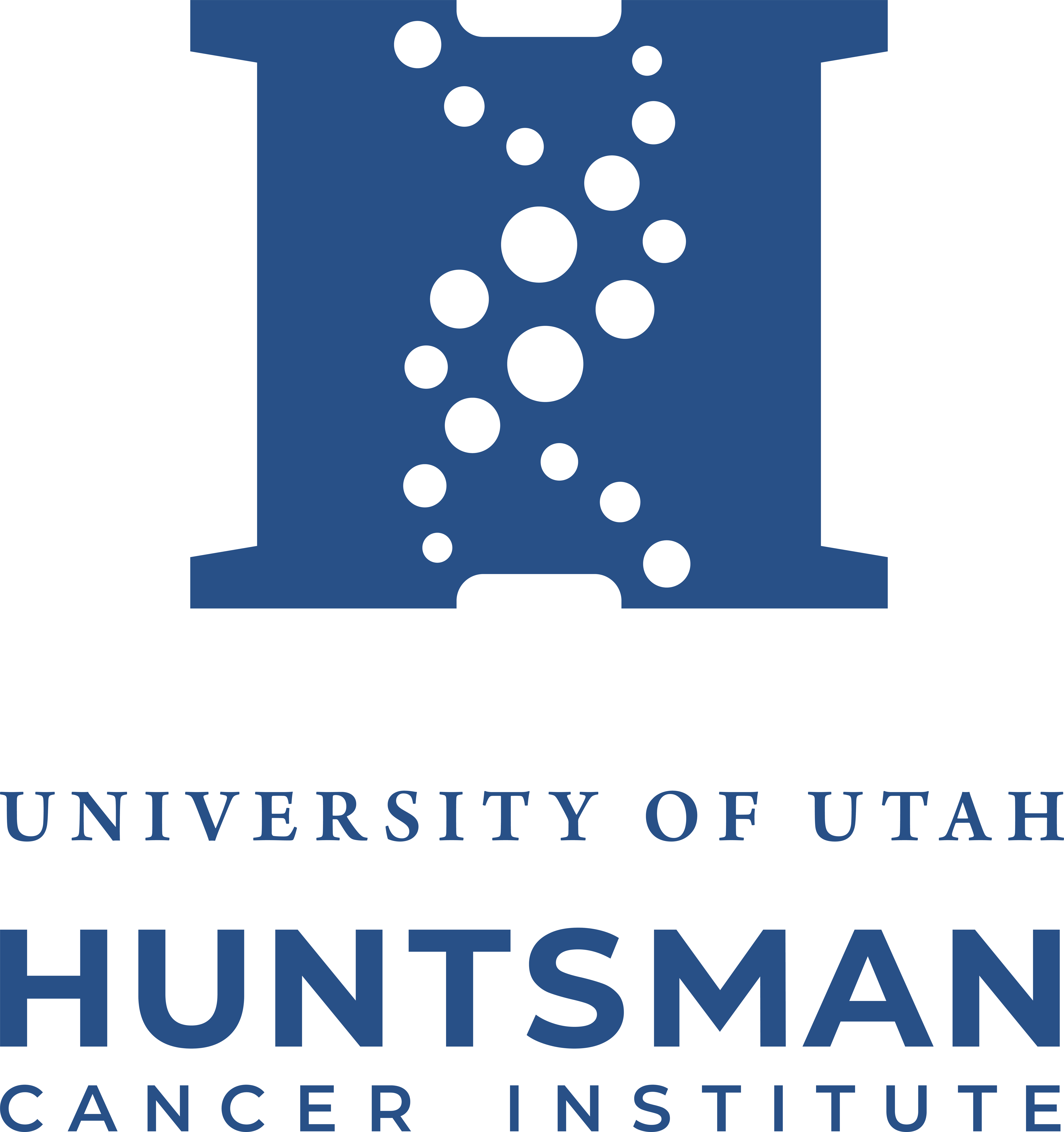
Dr. Godara on Approved CAR T-cell Therapies in Multiple Myeloma

Amandeep Godara, MBBS, discusses CAR T-cell therapies currently available for patients with multiple myeloma.
Amandeep Godara, MBBS, a medical oncologist, the Huntsman Cancer Institute, assistant professor, the Division of Hematology and Hematologic Malignancies, the University of Utah, discusses CAR T-cell therapies currently available for patients with multiple myeloma.
There are currently 2 CAR T-cell therapies that are FDA approved for the treatment of patients with multiple myeloma, including idecabtagene vicleucel (ide-cel; Abecma) and ciltacabtagene autoleucel (cilta-cel; Carvykti), Godara explains.
When looking at the patient populations included in these clinical trials, patients enrolled were generally younger than the average patient with multiple myeloma, Godara explains. Patients also received a median of 5 to 6 prior lines of therapy during these trials, Godara notes.
Looking to real-world data for patients with multiple myeloma, findings presented at the 2022 ASH Annual Meeting showed that these patients are older than those enrolled on these clinical trials, and they are more likely to have other comorbidities, such as chronic kidney disease. These characteristics may have otherwise made these real-world patients ineligible for enrollment on these clinical trials that led to the approval of ide-cel and cilta-cel, Godara notes. However, there are real-world data indicating that CAR T-cell therapy can be safely used in patients who may be older or have additional comorbidities, and these CAR T-cell therapies have become options for these patients, Godara concludes.




































